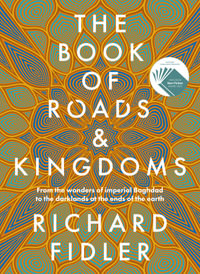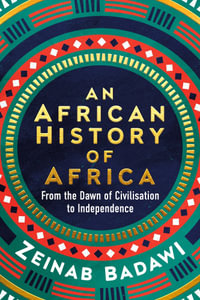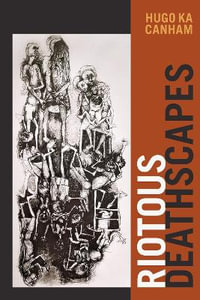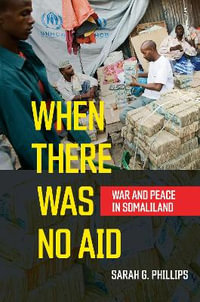
Clausewitz and African War
Politics and Strategy in Liberia and Somalia
Hardcover | 30 September 2004 | Edition Number 1
At a Glance
Hardcover
$385.50
Aims to ship in 15 to 25 business days
ISBN: 9780714657240
ISBN-10: 0714657247
Series: Cass Military Studies
Published: 30th September 2004
Format: Hardcover
Language: English
Number of Pages: 200
Audience: College, Tertiary and University
Publisher: Taylor & Francis Ltd
Country of Publication: GB
Edition Number: 1
Dimensions (cm): 23.4 x 15.6 x 1.27
Weight (kg): 0.95
Shipping
| Standard Shipping | Express Shipping | |
|---|---|---|
| Metro postcodes: | $9.99 | $14.95 |
| Regional postcodes: | $9.99 | $14.95 |
| Rural postcodes: | $9.99 | $14.95 |
How to return your order
At Booktopia, we offer hassle-free returns in accordance with our returns policy. If you wish to return an item, please get in touch with Booktopia Customer Care.
Additional postage charges may be applicable.
Defective items
If there is a problem with any of the items received for your order then the Booktopia Customer Care team is ready to assist you.
For more info please visit our Help Centre.























